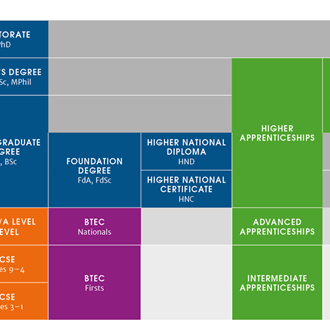Young people
Apprenticeship routes into chemical engineering

Find out about the the apprenticeships routes into chemical engineering.

Apprenticeship routes into chemical engineering - webinar recording
Discover more about apprenticeship routes into chemical engineering by watching this webinar

What is an apprenticeship?
Depending on your previous experience and qualifications, there are different levels of apprenticeship. You can "earn while you learn" as you will be employed while you study for a qualification

How to find an apprenticeship
Useful links and additional resources